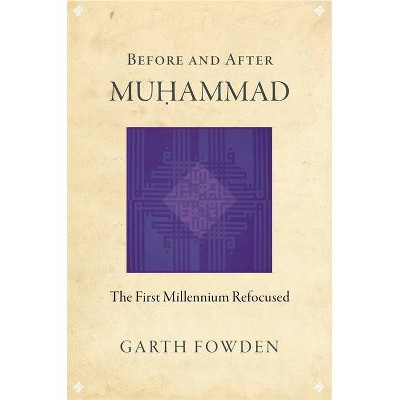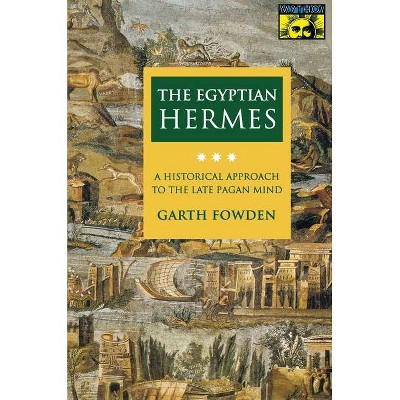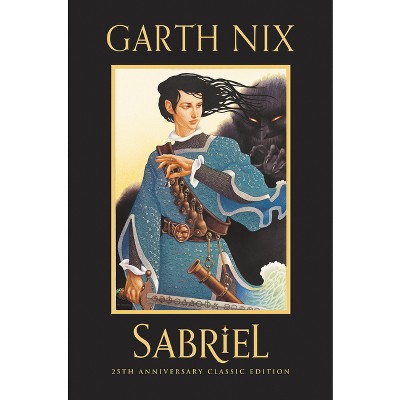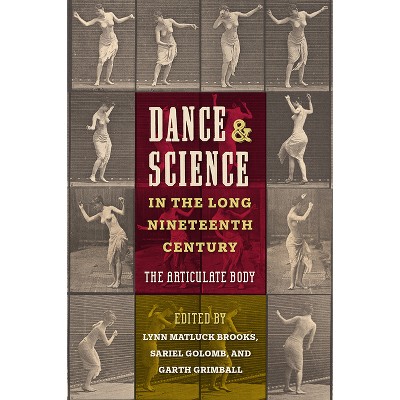About this item
Highlights
- In this bold approach to late antiquity, Garth Fowden shows how, from the second-century peak of Rome's prosperity to the ninth-century onset of the Islamic Empire's decline, powerful beliefs in One God were used to justify and strengthen "world empires.
- About the Author: Garth Fowden is Research Associate at the Center for Greek and Roman Antiquity of the National Hellenic Research Foundation in Athens, and the author of The Egyptian Hermes: A Historical Approach to the Late Pagan Mind (Cambridge/Princeton).
- 232 Pages
- History, Europe
Description
Book Synopsis
In this bold approach to late antiquity, Garth Fowden shows how, from the second-century peak of Rome's prosperity to the ninth-century onset of the Islamic Empire's decline, powerful beliefs in One God were used to justify and strengthen "world empires." But tensions between orthodoxy and heresy that were inherent in monotheism broke the unitary empires of Byzantium and Baghdad into the looser, more pluralistic commonwealths of Eastern Christendom and Islam. With rare breadth of vision, Fowden traces this transition from empire to commonwealth, and in the process exposes the sources of major cultural contours that still play a determining role in Europe and southwest Asia.
From the Back Cover
In this bold approach to late antiquity, Garth Fowden shows how, from the second-century peak of Rome's prosperity to the ninth-century onset of the Islamic Empire's decline, powerful beliefs in One God were used to justify and strengthen 'world empires.'Review Quotes
"A tight, powerful volume that, among other things, makes some fairly revolutionary comparisons between the Islamic empire and Rome."-- "The Voice Literary Supplement"
"An intelligent essay. . . . [It] should open new cooperation between scholars of late antiquity and early Christianity, and scholars of early Islam."-- "Choice"
"Fowden offers much that is new, interesting, and certainly correct in a manner that is generally appealing. The interaction of different cultures in the Ancient Near East is currently a popular area of research. Fowden has offered a valuable contribution to this field."---John Vanderspoel, Bryn Mawr Classical Review
"This is a short book on a big subject: it is nothing less than an essay in large-scale historical interpretation. . . . a courageous and stimulating book."---R. A. Markus, Journal of Roman Studies
About the Author
Garth Fowden is Research Associate at the Center for Greek and Roman Antiquity of the National Hellenic Research Foundation in Athens, and the author of The Egyptian Hermes: A Historical Approach to the Late Pagan Mind (Cambridge/Princeton).











